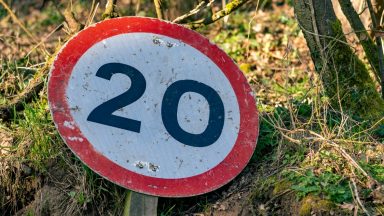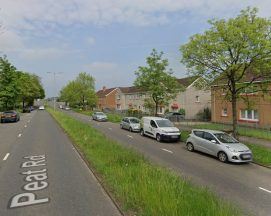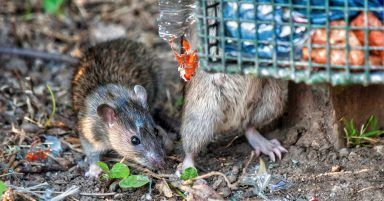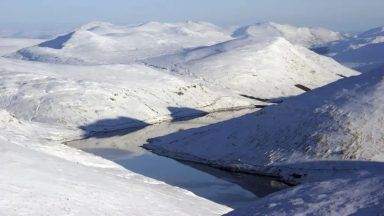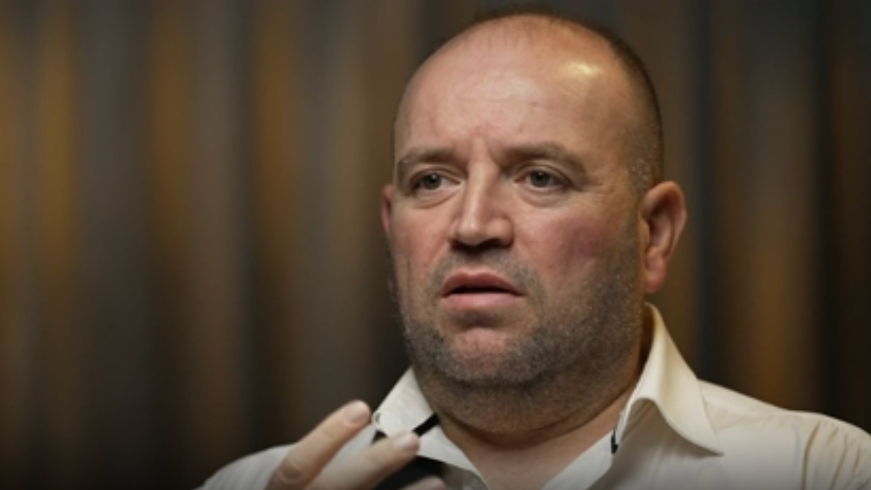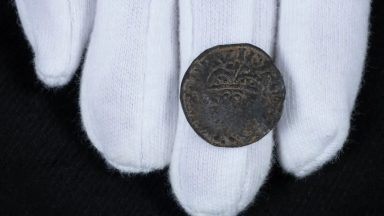Treasure trove rules are to be rewritten as part of a review for assessing archaeological finds discovered in Scotland.
The King’s and Lord Treasurer’s Remembrancer (KLTR) has launched a large-scale public consultation which will inform a report and recommendations on the future of the system.
It will be the first time in over 20 years that such a comprehensive review has been undertaken into Treasure Trove in Scotland.
It comes after a boom in the popularity of metal detection sparked by Covid lockdowns against a challenging financial picture for museums and heritage organisations.
This has resulted in lengthier waiting times than in recent years.
Detecting Scotland is a group that meets on a regular basis to search fields for any gems hidden beneath the surface.
Eleanor Ingram has been been an amateur metal detectorist for a decade.
She said: “My best find is a Bronze Age axe head. It was beautiful and about 4,000 years old.
“It’s now in the National Museum of Scotland after going through the Treasure Trove Process.

“They gave us a full report and certificate. They said it had come over from Ireland – it was fascinating.”
She said the waiting times for the treasure trove process have been “frustrating,” adding “if the process could be sped up, that would be excellent.
“I’ve just had things back from 2019, so a good while back.”
“We want to find history and see it in the museums. We want to go with our families, point them out and say ‘I dug that up’.”
The treasure trove process is how archaeological finds discovered in Scotland are assessed and preserved.
The consultation aims to gather views from all of those who use and benefit from the system, from museums and public heritage organisations to metal detecting clubs and individuals with a passionate interest in archaeology and Scotland’s cultural heritage.
The Treasure Trove system has been a mainstay in preserving Scotland’s archaeological record and ensures that objects of archaeological, historical or cultural significance are recorded, preserved and allocated to Scottish museums for public benefit.
Scott Cunningham runs group digs around Scotland.

He said: “It’s the thrill of the hunt, just being able to go out to different areas. You wouldn’t think there’s anything in the ground but there’s stuff there.
“I’ve found a number of hammered coins, though I was given them back as they were not worth that much.
“People have found a gold hammered coin and a brooch from the Roman or Iron Age period on digs. There was a gold ring found out in Brechin.
“Those finds were two to three years ago, so the hearings will be this spring.”
He agreed delays to the process can be “a problem” and thinks more staff should be hired.
He added: “I think they could do it a bit quicker – 90% of the problem is how long it takes.
“We split half with landowners so they are keen to hear back and see if it could be valuable.
“Some farmers could be frustrated and think we are pulling something away from them [due to the long wait] – possibly more than the finders.”
James Ingram has been a detectorist for the past nine years.
He added: “In recent years the process has gotten a little bit lengthier, which might be due in part to Covid and staffing issues. The most frustrating thing is the timescales.
“If we’re finding stuff, we’re showing them pictures, waiting two to three years on feedback. It can look like we’re not keeping landowners informed.
“We need to get the backlog dealt with and a clearer process of what they expect of the detectorists.”

Chair of the Treasure Trove Review Dr Stuart Allan said: “We want to hear from the public and interested parties on a range of topics about the operation and potential of the Treasure Trove system.
“This review is tasked with improving and strengthening the Treasure Trove system for the immediate future and beyond.”
Welcoming the public consultation, John Logue, the KLTR, said: “The role of treasure trove is to ensure that objects of cultural significance from Scotland’s past are protected for public benefit and preserved in museums across the country.
“We want to ensure that artefacts found in Scotland continue to provide maximum benefit to the public in understanding the significance of Scotland’s archaeological heritage.
“I would urge all those who have an interest in the future of the Treasure Trove system to fully engage with the public consultation.”
At the end of the consultation, which runs until May, a report will make recommendations on the future of the system.
Follow STV News on WhatsApp
Scan the QR code on your mobile device for all the latest news from around the country









